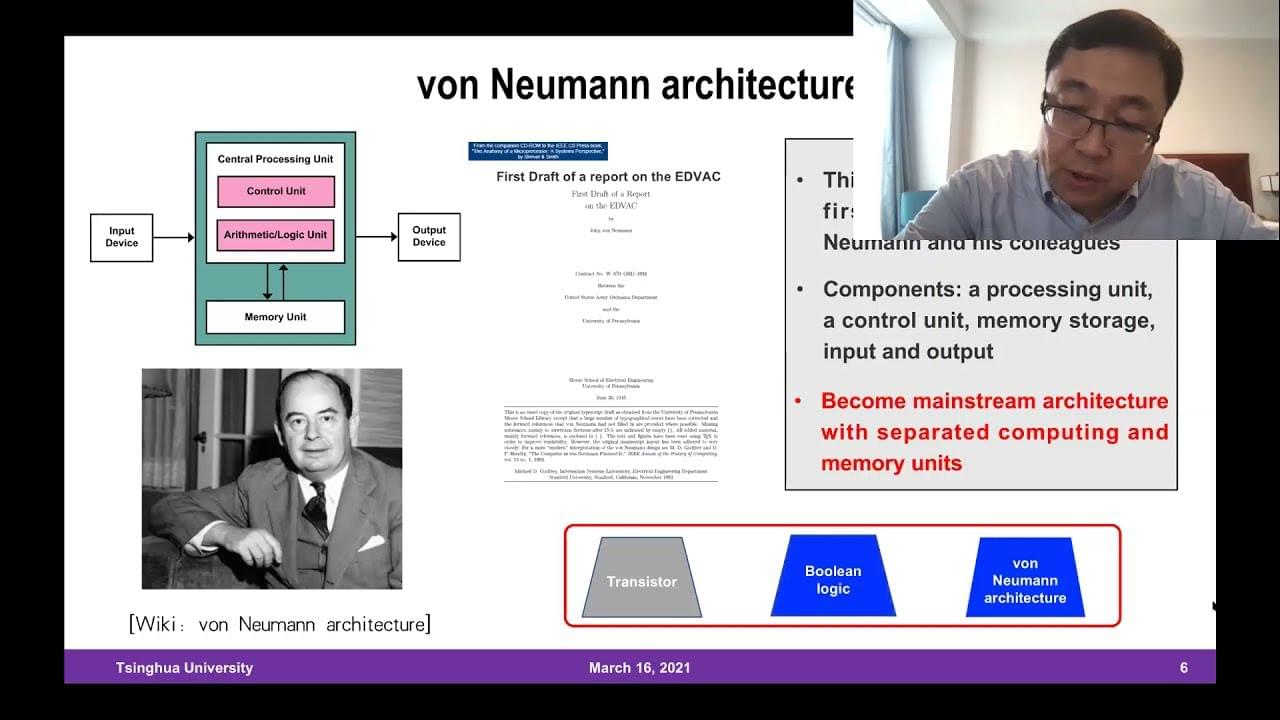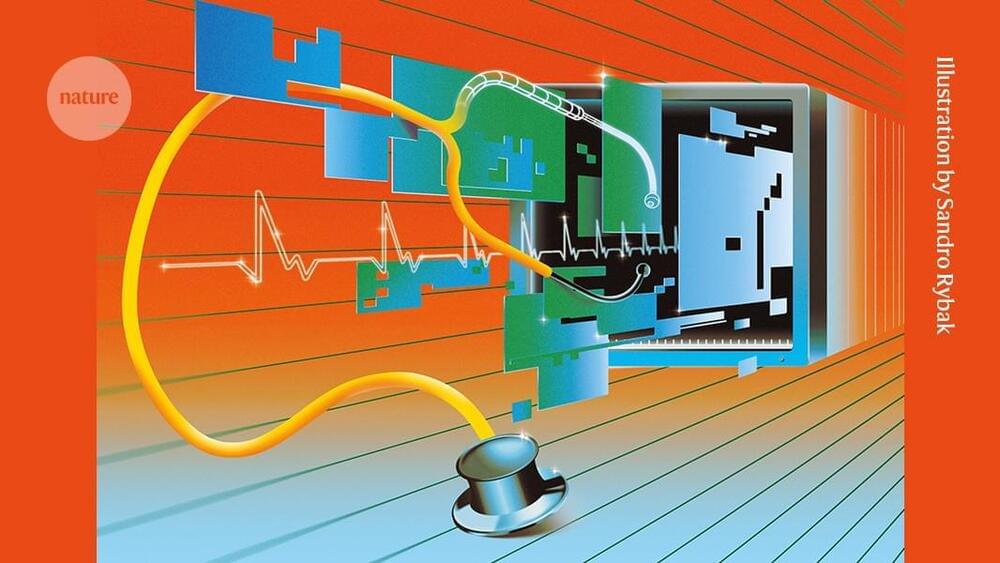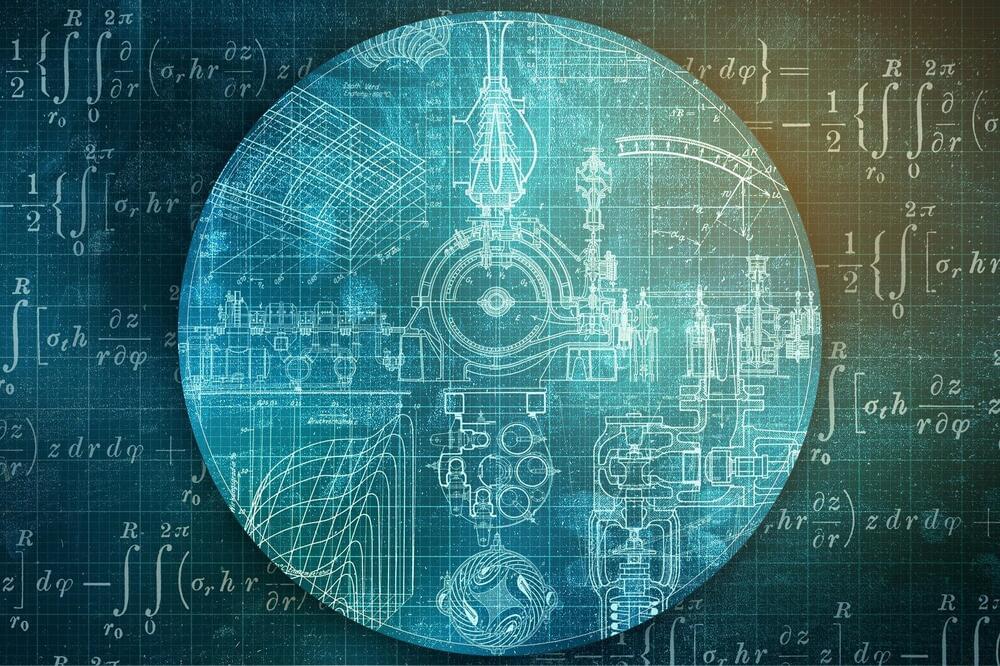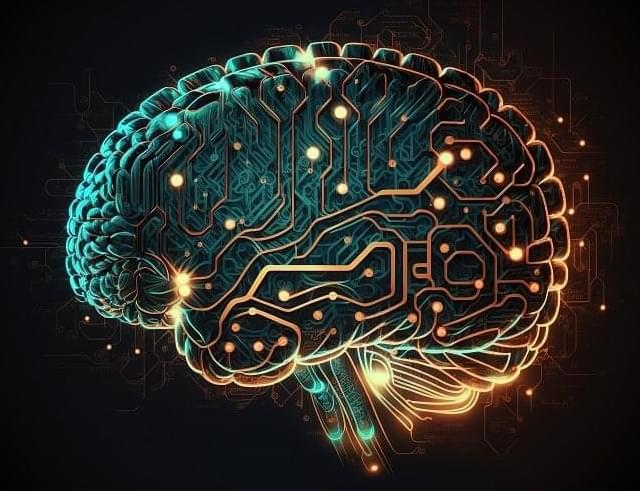Aug 25, 2024
Neuromorphic computing with memristors: from device to system — Professor Huaqiang Wu
Posted by Dan Breeden in categories: information science, robotics/AI
Recently, computation in memory becomes very hot due to the urgent needs of high computing efficiency in artificial intelligence applications. In contrast to von-neumann architecture, computation in memory technology avoids the data movement between CPU/GPU and memory which could greatly reduce the power consumption. Memristor is one ideal device which could not only store information with multi-bits, but also conduct computing using ohm’s law. To make the best use of the memristor in neuromorphic systems, a memristor-friendly architecture and the software-hardware collaborative design methods are essential, and the key problem is how to utilize the memristor’s analog behavior. We have designed a generic memristor crossbar based architecture for convolutional neural networks and perceptrons, which take full consideration of the analog characteristics of memristors. Furthermore, we have proposed an online learning algorithm for memristor based neuromorphic systems which overcomes the varation of memristor cells and endue the system the ability of reinforcement learning based on memristor’s analog behavior.
Full abstract and speaker details can be found here: https://nus.edu/3cSFD3e.


















